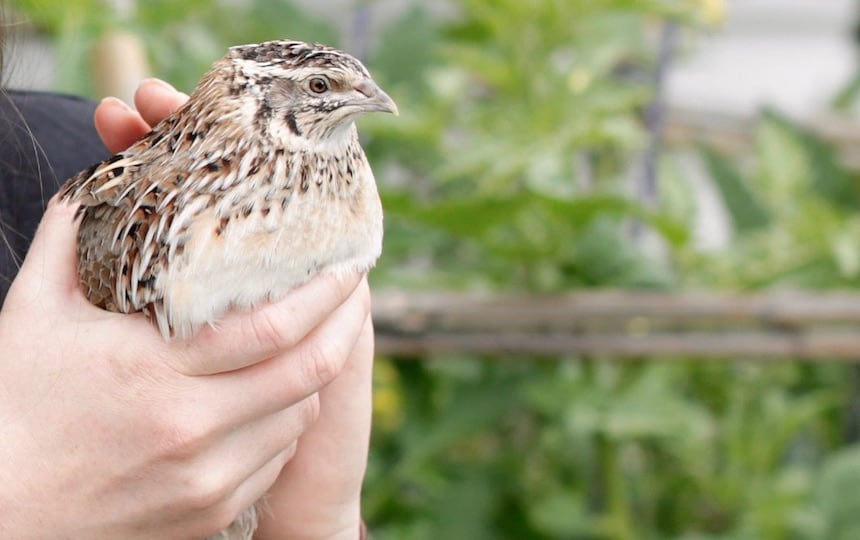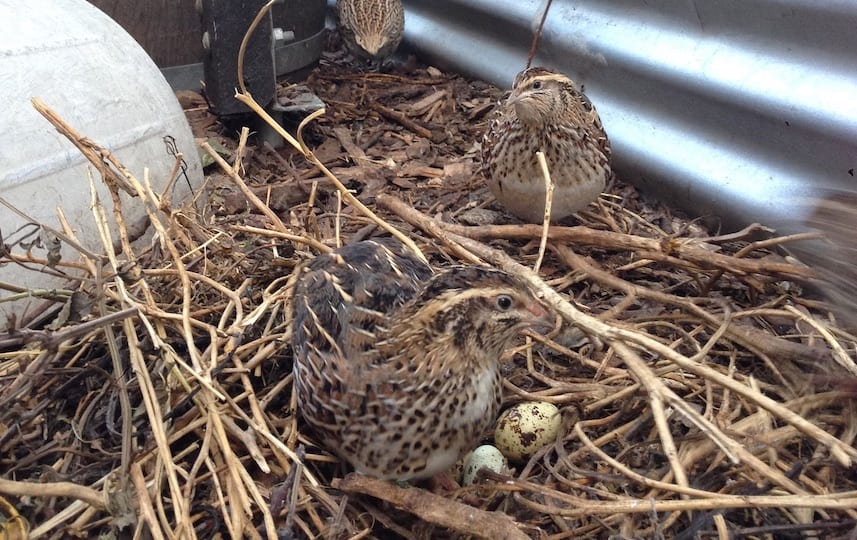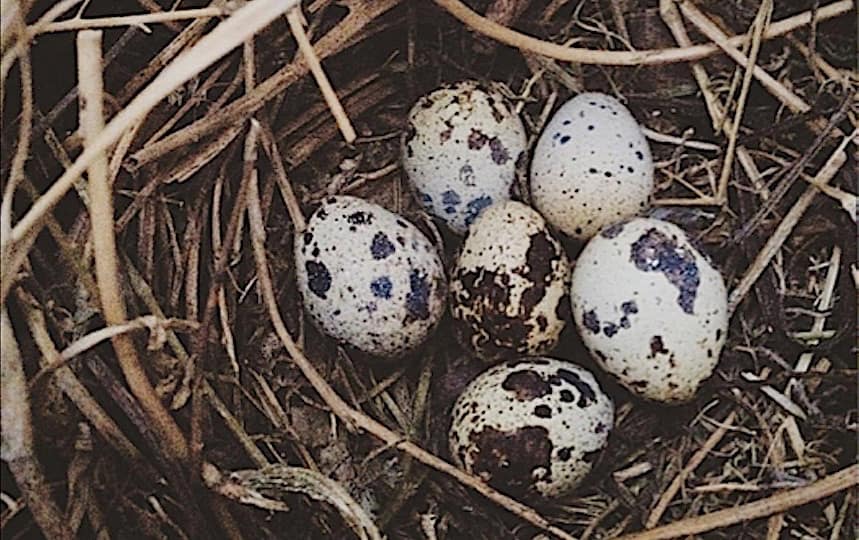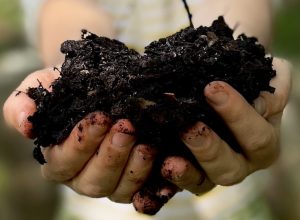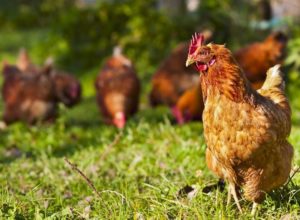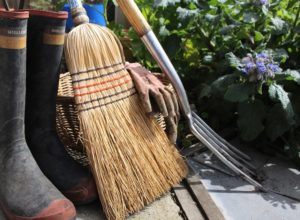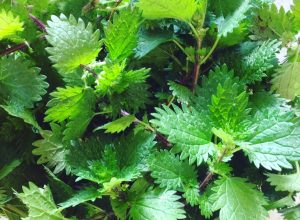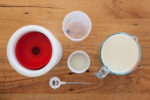Japanese backyard quails – Coturnix japonica – are an alternative in urban areas, where space and noise constraints may rule out backyard chickens.
Quails will provide you with fresh, golden-yoked eggs from even a tiny space. You’ll also get pest control, fertiliser and compost making services.
Feed and housing for your backyard quails
Housing for your quails could be a walk-in aviary or a low cage, but must be completely dog, cat and fox proof.
Quails prefer to simply sit on the ground at night rather than roost, and (at least in Melbourne’s climate) they need little special care other than summer shade, and protection from wind and rain. They will lay their eggs anywhere in the run so it’s an Easter egg hunt every day!
Most ethical quail keepers cite a maximum stocking rate of five birds per square metre, though I give mine more than twice that.
I use a deep-litter system to keep their environment stimulating: a 15 centimetre layer of carbon-rich materials (eg. wood chips) on the base of the run. The car bon balances the nitrogen in manure, preventing smells and eventually breaks down into a rich compost.
Insects are attracted to deep litter, adding valuable live food to the quail’s diet. You never need to clean out the house, except to harvest compost for your garden, although you will need to turn it occasionally with a garden fork.
Quail housing should also include:
- Unlimited clean, cool water: I use nipple waterers ($1 each on eBay) screwed into the base of a food grade plastic bucket.
- Basic feed (eg. chook layer pellets): I use a homemade trigger-feeder that the quails peck to release pellets, which reduces waste and prevents rodent access. Other foods, such as scraps from the kitchen, compost worms from a worm farm, insects from the deep litter and garden, plus a big bunch of garden greens and weeds every day.
- A dustbath: Quails love to bathe, and this behaviour naturally inhibits lice and mites.
- Grit: Birds have no teeth, and swallow small stones and shells to grind up food in their gizzard; you can provide finely crushed eggshells, small stones or purchased shell grit.
Free ranging is problematic
Although quails are ground-dwelling they will fly straight upwards – with force – if alarmed, and could easily clear a typical fence. Moveable “quail tractors” or ranging in secure caged areas are great options.
Where to get your backyard quails
Point-of-lay quail hens cost about $7 on Gumtree. They start laying fast – at six to 10 weeks – but rarely live past three years, so you’ll need a succession plan.
They almost never go broody, so eggs are hatched in an incubator, although some breeders have had success with a broody bantam chook foster mum.
Want to learn more?
Tune in to our podcast with Kat Lavers, where she chats in-depth with Pip editor Robyn Rosenfeldt about her love for backyard quails, and the ins and outs of keeping them in a backyard setting. Listen to the episode here.

